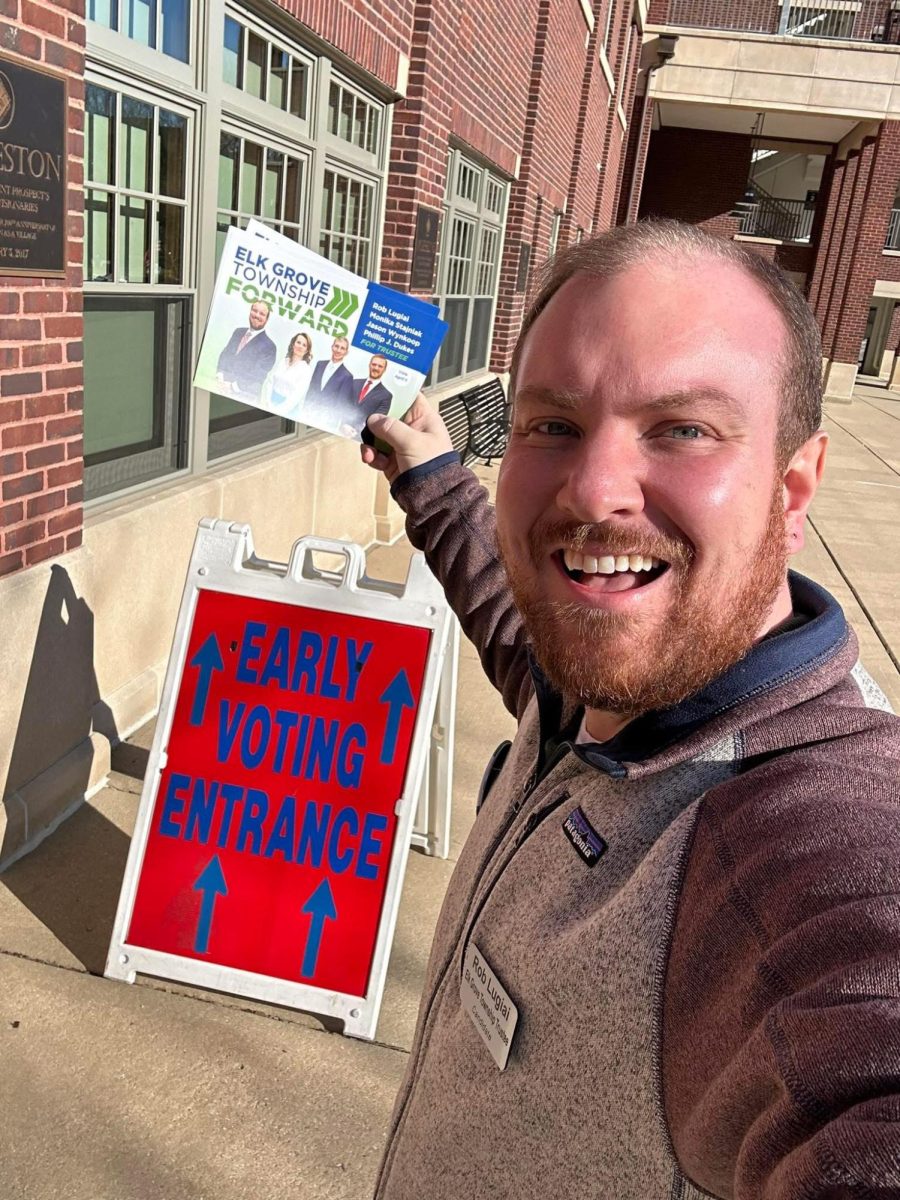Comparisons: beneficial or harmful?
November 29, 2016
Central hosts a variety of extracurricular activities and a range of classes varying in challenges. Every environment generates a different blend of competition consisting of practices, homework or class participation that may cause students to hold themselves to different standards against their peers. The Central Times investigates if students and faculty members see comparisons as helpful or harmful in their path to becoming the best that they can be in that field.
Every student graduates with a different high school experience including athletics, academics and clubs. Tommy Chavez is a senior and is also a four-year member of the cross country and track teams.
“I think that comparing yourself to others in a variety of things is good if you put that into motivation and goals and things like that, but if you reflect on it too much it can effect you negatively,” Chavez said.
There are a few reasons why people believe that self-comparison is harmful to one’s progress. Comparisons could be damaging to a person’s self-esteem.
According to an article on the Huffington Post called “Why You Should Stop Comparing Yourself to Others” by psychotherapist and life coach Daniela Tempesta, research has found that comparisons bring feelings such as envy, low self-confidence and depression, as well as compromising one’s ability to trust others. While downward comparisons could be beneficial to a person’s self-esteem, they require one to take pleasure in others’ failures or misfortunes.
Another reason is that others may be presenting themselves as someone other than their real self.
According to a study conducted by the Personality and Social Psychology Bulletin, people are less likely to reveal their negative emotions than their positive emotions. The scientists also found that people overestimate the level of positivity in the lives of others.
One of the main reasons people compare themselves to others is because they want to change themselves and become better than what they are. The main concern with comparisons is that people have to criticize themselves in order to see the need for improvement within themselves.
Comparisons could have various effects upon students due to individuality and levels of performance. Chavez has a different means of comparing himself in the classroom versus on the track.
“In running you can compare times, but in academics it involves a lot of different things,” Chavez said. “You’re not all taking the same classes so sometimes it’s like GPA won’t be the same.”
Quantitative comparison is easier within certain athletic fields that use a point system to determine which team or player is ranked higher. However, sophomore Zaria Robinson, a dancer for Central’s varsity Arrowettes team, has a different experience because during dance one cannot quantitatively compare each other.
“In Poms [competition] is not even that [negative],” Robinson said. “It’s extremely positive [because] everyone tries to work hard so we can be our best.”
Robinson believes that students need to establish boundaries in order to prevent themselves from feeling distraught when comparing themselves to other people. In order to use comparisons students need to be aware of how they feel after comparing themselves a certain amount.
Junior Justin Bakker, a soccer player and high achieving academic student, feels that comparison can lead to competition, which is an important factor in how players and students get better.
“Some people, if they get angry, they’ll do stupid things,” Bakker said. “They’ll make mistakes they normally wouldn’t have if they were more clear headed, but for other people that’s the drive that fuels them.”
Senior Sarah Ko is an artist and is currently taking AP Studio Art. Her experience has taught her that comparing herself against others is not the right way, but comparing her own art to itself is the way that works best for her.
“In the beginning, we all did [compare ourselves],” Ko said. “Our [AP Studio Art] teacher said that you [should not] compare yourself to other people […] you are competing against yourself.”
During the time when Ko and her peers used to compare their art against the artwork of other artists, she did not feel they were helpful.
“I wanted to give up,” Ko said. “When [I was] in middle school, there were not many people, but then when we got to high school, there are so many really good people and I think, ‘I’m not that good compared to them so why should I keep doing this?’”
Ko mentioned that comparisons were not beneficial for her, but she was able to learn a lot from the comparisons she made in the past. Now the “comparisons” used in the past benefit her in another way.
“I feel like it inspires me now because I don’t really compare my own art with other people’s art, because everyone has their own style of art and their own art choice,” Ko said. “Instead of comparing it you can just use it as inspiration.”
Ko found the real benefits after she and her peers stopped comparing themselves to each other.
“Once you stop comparing, you can actually keep going and further advance your skills,” Ko said. “When you compare, you’re really just holding yourself back.”
A New York Times article “Comparing Yourself to Others: It’s Not All Bad” by Alina Tugend quotes economist and philosopher John Stuart Mill: ”Men do not desire to be rich, but to be richer than other men.”
In this case, people compare themselves to other people for their own benefit. This article argues that comparisons do have a negative reputation, but they can be beneficial for some people.
“Comparison is the death of joy,” Mark Twain once said.
While Twain held a one-sided perspective on this issue, there are students who are able to monitor themselves in this issue and shift the problem to become a motivator for them to become better.








